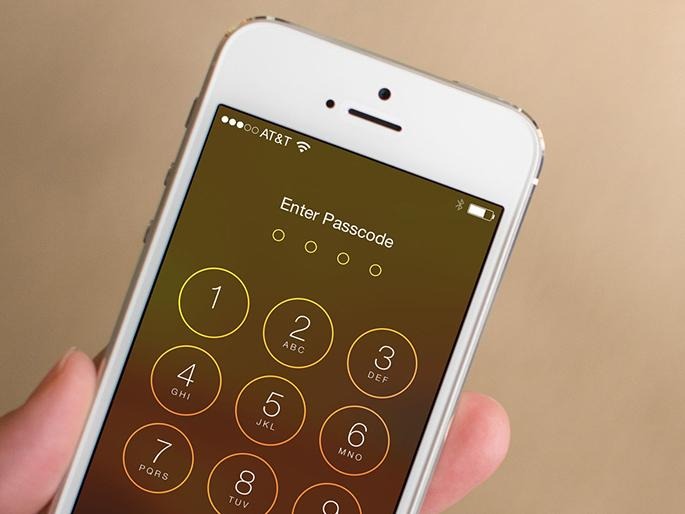Your Fingerprint Won't Protect Your Phone In Court
After the San Bernardino iPhone debacle, the idea of unlocking smartphones has become a hot topic. These days, we store a lot of personal information on our phones. In fact, nearly every method of digital communication I use can be accessed on my phone, so I don't want anyone getting in there without my permission. And as it turns out, a court can now force you to unlock your phone for them.
The Fifth Amendment grants us protection from self-incrimination. Usually you hear this used in order to not testify, or to refuse to answer a question. There are many reasons why a person might invoke this right, and the law allows them to do so. This might not seem to pertain to a cell phone in any way, but stick with me.
If you phone is locked with a passcode, you can invoke your Fifth Amendment right against self-incrimination and refuse to give the court your PIN. In 2014 a judge in Virginia ruled that this was the case, because revealing the PIN "entailed revealing knowledge and therefore testifying."
What's really interesting about this is that recently a judge ordered a warrant for a person's fingerprint, for the purpose of unlocking their cell phone. The person in question was taken into custody, and was compelled to put their finger on the phone, unlocking it for the authorities. And this is perfectly legal, where forcing someone to provide a PIN is not.

The reason a fingerprint is different than a PIN, in this case, is the fact that a fingerprint is physical evidence. Your Fifth Amendment right does not extend to physical evidence, such as your fingerprint. However, your PIN is private knowledge, that you cannot be compelled to reveal.
This is an interesting case, because the act of providing the fingerprint was in essence, the exact same as providing the PIN. The evidence on the locked phone was apparently incriminating enough that the person in question plead no contest to the crime, before unlocking it.
So what do you think, should providing a fingerprint to unlock a phone be protected in the same manner that a PIN is? Or do you think that if there is a physical means for unlocking a phone, that someone should be compelled to give it to the authorities?
